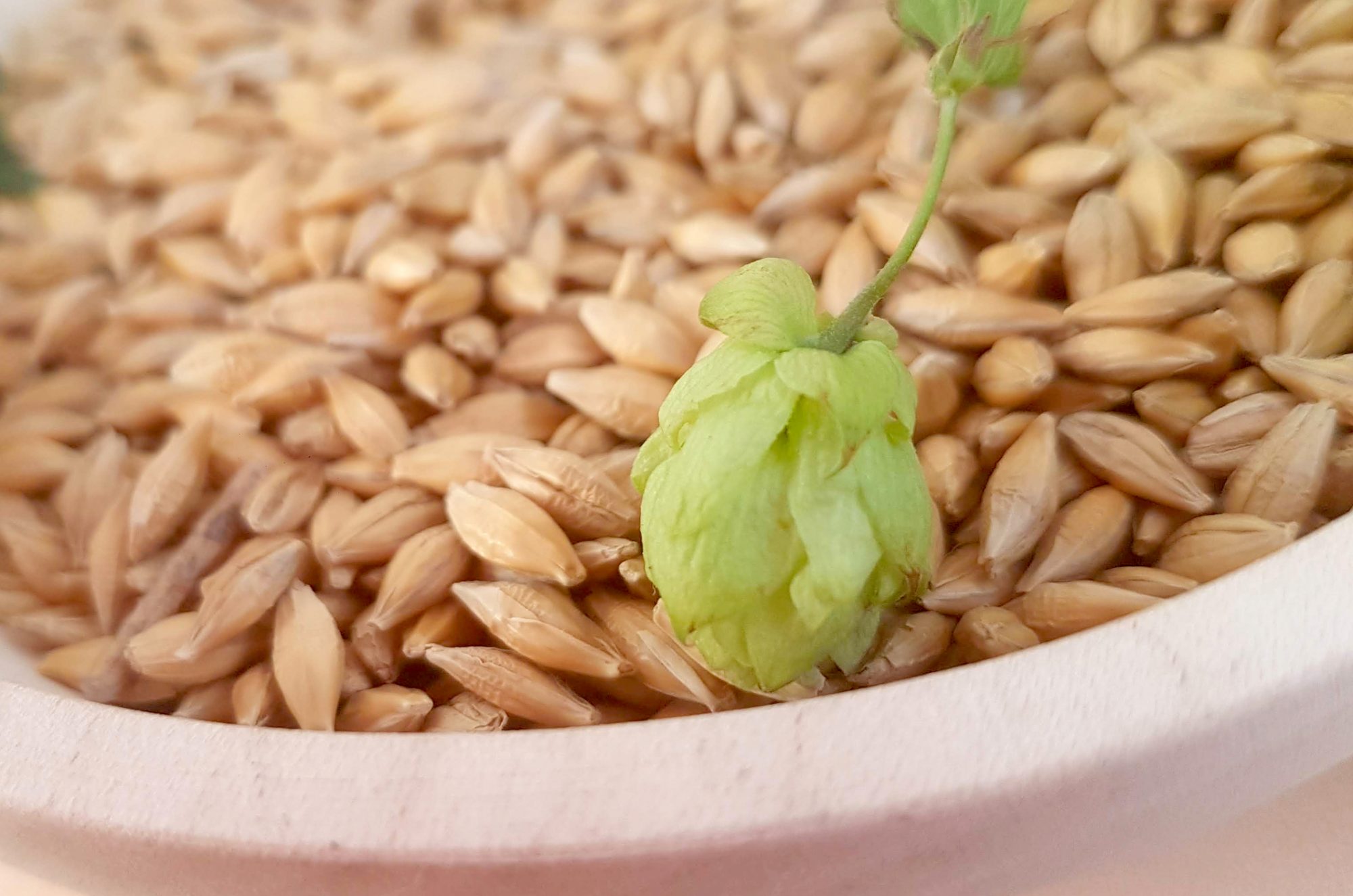Beer hops have been found to provide unique health benefits for Alzheimer’s disease, preventing the clumping of amyloid beta proteins
The bitter taste of hops is used in beer to flavour the many varieties of lagers and ales, but recently, researchers have found its additional quality: beer hops might have unique health benefits for those with Alzheimer’s disease.
This is because the chemicals extracted from hop flowers can, in lab dishes, inhibit the clumping of amyloid beta proteins, which is associated with Alzheimer’s disease (AD).
What is Alzheimer’s disease?
Alzheimer’s is a debilitating neurodegenerative disease, which often causes memory loss and personality changes in older adults.
Part of the difficulty in treating the disease is the time lag between the start of underlying biochemical processes and the onset of symptoms, with several years separating them.
This entails that damage to the nervous system frequently occurs before people can even realise they may have the disease.
How do ‘nutraceuticals’ affect the condition?
In order to expand research into the prevention of the disease, researchers, who have published their work in ACS Chemical Neuroscience, investigated “nutraceuticals” – which are foods that have some type of medicinal or nutritional function.
The nutraceuticals used in this research were beer hops, where hop flowers, which are used to flavour beers, indicate a potential interfere with the accumulation of amyloid beta proteins associated with Alzheimer’s.
Looking at which chemical compounds in hops had this effect, the researchers created and characterised extracts of four common varieties of hops using a method similar to that used in the brewing process. In tests, they found that the extracts had antioxidant properties and could prevent amyloid beta proteins from clumping in human nerve cells.

The Tettnang hop shows aggregation-inhibiting activity
The most successful extract was from the Tettnang hop, found in many types of lagers and lighter ales.
The extract of the Tettnang beer hop was separated into fractions, the one containing a high level of polyphenols showed the most potent antibiotic and aggregation-inhibiting activity. It also promoted processes that allow the body to clear out misfolded, neurotoxic proteins.
When testing the Tettnang extract in a C. elegans model, researchers found that it protected the worms from AD-related paralysis, though the effect was not very pronounced.
The researchers say that although this work may not justify drinking more bitter brews, it shows that hop compounds could serve as the basis for nutraceuticals that combat the development of AD.








